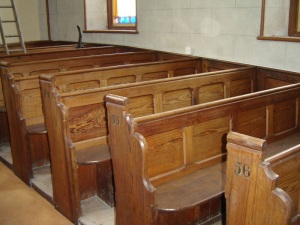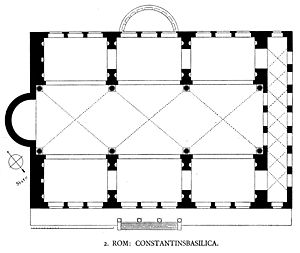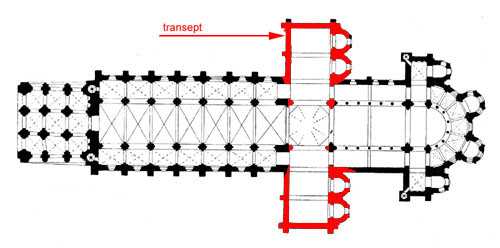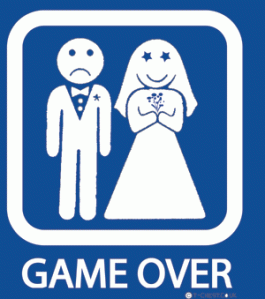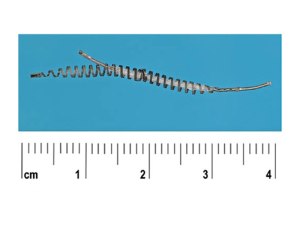Ms. America and Slut Shaming
Allowing the Devil to Undress You: The Slut-Shaming of a Former Homeschooler
The above blog post discusses the terrible slut shaming that recently occurred regarding Ms. America 2011, Teresa Scanlan, on the Home School Legal Defense Association‘s Facebook page. It seems similar to what happened with the Ms. World 2013 contest.
At root is the idea that beauty is a bad thing to display. Beautiful people should cover it up so that people aren’t provoked into lust. This is why we have the Ms. America scorned because she “adorns her self in such a way as to draw attention to her looks and her body” and has “allowed the devil to undress [her] in front of the multitude”. This is a type of the excessive scrupulosity that many heresies espouse.
However, I think the real interest lays in a comparison between a rejection of the beauty of the body and Marcionism. Marcionism was a very early heresy, around 140 AD. He rejected the physical world as a creation of a lesser god than the God of Jesus Christ. In this sense, he was a type of Gnostic. His distrust of the body was so intense he thought Jesus couldn’t have been God, because God would never debase himself so greatly as to become flesh. This contrasts with the Catholic view that our bodies are a good created by God. He shows us this goodness by stepping into creation and existing in flesh.
These two contrasting intellectual views offer contrasting practical views for people and clothing. For Marcion, the body would be something to conceal and reject because of how it can provoke sin. He went so far as to reject baptism for married couples. From this viewpoint, a woman is condemned for having a physicality which can lead others into sin. As one commenter wrote about Ms. America, “You WILL be held accountable on Judgement Day” (emphasis in original).
The Catholic view stands in balanced contrast to this. We hold it isn’t a sin to recognize truths about the world, such as a person’s beauty. It becomes sinful when one mentally takes the next step of desiring to posses that beauty, such that thoughts and actions move from loveliness to carnality and base animalistic pleasure. The sin comes out of the heart, not in from the eyes.
Teeter tottering with the sin residing in the viewer rather than the viewee is the responsability we have to help keep our neighbor from sin. This means dressing modesty is not a fixed standard as some would suggest, but rather updates with what might be reasonably expected to provoke lust in both men and women. It also means dressing modestly is a courtesy accorded to others, to help those of us with less self control.
A woman wearing these shoes:
 but otherwise fully clothed is more immodest than a woman wearing this:
but otherwise fully clothed is more immodest than a woman wearing this:
because the first is meant to be sexually arousing while the second is meant to be cute swimwear. The purpose of modesty is to help other, weaker people to control their thoughts. Deliberately dressing to break their self control is cruel in a similar way to how eating a candy bar in front of a dieting person is cruel.
In this way there is respect for the rights of all. If a woman dresses appealingly, it’s okay for a man to appreciate that.
A woman or man doesn’t need to feel they must hide themselves in their clothes or risk the wrath of God. Beauty is one of the things God placed on this earth for our innocent pleasure and isn’t a bad thing.
However, the line of courtesy dictates that dress shouldn’t be used to intentionally sexually stimulate anyone excepting one’s spouse; because it is cruel to weaken someone’s resolve to see the beauty of a person rather than to lust after them. I find it hard to accept that beauty pageants are about driving people to lust instead of recognizing beauty. There is no need to feel shameful about being beautiful and dressing to accentuate that.






